#DepartmentOfTransportation
U.S. Traffic Deaths Declined in 2023 But Remain Historically High
The National Highway Traffic Safety Administration (NHTSA) has announced that traffic deaths declined by 3.6 percent in 2023. While this is good news, the United States continues seeing per capita vehicle fatalities at the highest rate witnessed since the mid 2000s.
In 2023, the NHTSA reported 40,990. This is in contrast with the 42,514 on-road deaths cited for 2022. However, the U.S. witnessed a fairly staggering decline in vehicular safety starting around 2015 and we’re still seeing metrics that would be considered high from before that period.
Feds Ask States to Drop Funny Roadside Sign Messages
Many states’ highway departments post funny messages on roadside signs that warn drivers to buckle up, slow down, or watch for emergency vehicles. Despite the fact that they’re entertaining and get the message across, the federal government isn’t in on the joke and has released new guidance on the signs, asking state agencies to cut out the funny business.
U.S. Transportation Secretary Realizes Autonomous Cars Aren’t Ready
Despite the automotive industry having had the concept on its mind since the 1950s, autonomous vehicles still have yet to manifest in a manner that would allow them to be safely fielded in large numbers. With manufacturers previously vowing to have self-driving cars available to customers by 2020, consumers are starting to write the technology off as an industrial chimera. It’s also starting to look like the government is having doubts, especially now that U.S. Transportation Secretary Pete Buttigieg seems to be calling the technology to task.
NHTSA Issues Initial Crash Report for Driver Assist Tech
In 2021, the National Highway Traffic Safety Administration (NHTSA) asked manufacturers to begin reporting vehicle accidents where Advanced Driver Assistance Systems (ADAS) and/or semi-autonomous driving aids were engaged. The agency was specifically interested in incidents where such systems were active at least 30 seconds prior to the crash, hoping it might shed some light as to the technologies at play while the industry continues to make it standard equipment.
Biden Admin Proposes Minimum Standards for EV Charging
With the Biden administration hoping to transition the United States toward all-electric vehicles, it has set a goal of commissioning the construction of a nationwide network of 500,000 EV charging stations by 2030. But saying you’re going to do something as part of a $1-trillion infrastructure plan is a lot easier than actually doing it because there are a lot of steps that have to be taken before a plan can effectively be put into action. This is called planning and it’s something the government occasionally engages in to ensure a program is successful. As such, the Biden administration is issuing a series of standards and requirements for federally funded electric vehicle charging stations.
“To support the transition to electric vehicles, we must build a national charging network that makes finding a charge as easy as filling up at a gas station,” said U.S. Transportation Secretary Pete Buttigieg. “These new ground rules will help create a network of EV chargers across the country that are convenient, affordable, reliable and accessible for all Americans.”
Study Claims EV Charging Reliability Is a Problem
Researchers with the University of California, Berkeley, are pouring cold water of the premise that electric vehicle charging stations will require less maintenance than traditional fueling solutions. The study, which examined 657 individual connectors between 181 public fast-charging stations in the San Francisco Bay area found that about 23 percent were nonfunctional.
That seems quite a bit higher than the number of fuel pumps that might be down at any given station, though the pertinent question is why those EV charging points were inoperable.
Why Are Traffic Deaths Increasing While People Are Driving Less?
The latest data from the National Highway Traffic Safety Administration (NHTSA) is confirming what local agencies have already been suggesting. Last year represented another sizable increase in U.S. roadway fatalities, pitching up by 10.5 percent over the elevated death rate witnessed in 2020. The agency has estimated that 42,915 people were killed in 2021, whereas 2020 resulted in 38,824 fatalities — a 7.1-percent increase over the declines seen in 2019. While the current situation is not nearly as bad as the rates witnessed during the 1970s, this still represents the highest per capita fatalities in sixteen years and everyone is trying to get a handle on why.
Traffic deaths have been on the rise since the start of the pandemic, confusing everyone who counts crashes because the supporting data also shows that there was a lot less driving being done during the period. Historically, years where people are disinclined from hitting the road due to a beleaguered economy tend to represent far fewer traffic-related fatalities. We can see this happening in 1942 when the U.S. braced itself to enter World War II by rationing everything from fuel to rubber. Another glaring example takes place in 1932, as the nation reached the darkest point in the Great Depression. In fact, there are very few examples of per capita improvements in on-road deaths from the pre-war period, and those that do exist coincide directly with economic recession.
California Proposal Calls for 68 Percent EV Sales By 2030
Now that the U.S. Environmental Protection Agency (EPA) looks poised to reinstate California’s waiver under the Clean Air Act — allowing the state to establish stricter tailpipe emissions than the federal limits — the coastal region has resumed its quest to abolish gasoline-powered vehicles in earnest. While the California Air Resources Board (CARB) has yet to finalize all the details, the latest proposal calls for strengthened emissions standards for new light-duty vehicles in anticipation of the necessary approvals.
The scheme would require pure electrics and plug-in hybrids (PHEVs) to make up 35 percent of new-vehicle sales for the 2026 model year. By 2030, that number will become 68 percent before hitting 100 percent for MY 2035. CARB said zero-emission vehicles comprised 12.4 percent of the state’s new market in 2021, hinting that the number could have been higher without the Safer Affordable Fuel-Efficient (SAFE) Vehicles Rule Part One having stifled its progress.
NHTSA Says Human Controls Now Unnecessary for Autonomous Vehicles
The National Highway Traffic Safety Administration (NHTSA) had decided there’s no need for modern vehicles to possess steering wheels, pedals, or other human controls — provided they’re intended to be fully autonomous.
Considering self-driving cars have become something of an engineering boondoggle after the automotive industry falsely claimed they’d become commercially available by 2019, it’s easy to assume regulators are putting the cart before the horse. But we need to remember that automakers have wanted this for a long time, are used to getting their way, and have well-paid lobbyists at their disposal. For example, General Motors and its autonomous technology unit Cruise has long been petitioning the NHTSA for permission to manufacture and field self-driving vehicles without human controls.
DOT Readies Billions for National EV Charging Network, Chaos Ensues
The U.S. Department of Transportation (DOT) announced today that it will distribute $5 billion to establish electric-vehicle charging along the interstate highway system. Managed by the newly formed Joint Office of Energy and Transportation formed after the $1.2-trillion Infrastructure Investment and Jobs Act (IIJA) passed in Congress, the federal spend is a joint operation between the DOT and U.S. Department of Energy.
By 2030, the federal government is hoping to have a network of 500,000 charging stations in a bid to reduce range anxiety and spur EV adoption. But it wants individual states to make the necessary investments to connect the highway-based network to cities and towns. As you might have guessed, Democrat lawmakers have broadly supported the imitative while Republicans are calling it too expensive and a distraction from other aspects of U.S. infrastructure in need of maintenance.
NHTSA Moves Closer to Having First Administrator Since 2017
It may be getting difficult to remember, but the U.S. National Highway Traffic Safety Administration (NHTSA) used to have someone who was formally in charge. They were called an administrator and Americans used to be able to rely on the government nominating and then confirming these within a year of their predecessor leaving office. The position has always been political, often filled by lobbyists deemed acceptable by whatever the dominant political party of the day happens to be. But things have been different in the 21st century, with the NHTSA frequently being ran by “acting administrators” who are just supposed to be placeholders until Congress can confirm a valid replacement.
The agency hasn’t had an official leader since 2017 when Mark Rosekind left the organization to become the head of safety innovation for autonomous vehicle startup Zoox. NHTSA has had a few interim bosses since then, with Steven Cliff filling the void since February of 2021. However he just moved a little closer to removing the word “acting” from his job title.
NHTSA Gives Hyundai Safety Whistleblower $24 Million
The National Highway Traffic Safety Administration (NHTSA) has announced it is making its first ever whistleblower award. The U.S. regulatory body has decided to give over $24 million to a whistleblower providing information related to Hyundai Motor America and Kia Motors America. While not named by the NHTSA, it’s undoubtedly talking about Kim Gwang-ho — a South Korean engineer who flew to Washington in 2016 to squeal that his employer had been skirting safety regulations.
Armed with an internal report from Hyundai’s quality control team, Kim told the NHTSA the company was not taking sufficient action to address a presumed engine defect that increased the risk of crashes. It looks like the decision paid off for him, too. Hyundai Motor Group was struck with sizable regulatory penalties and Kim is now getting a huge payout from U.S. regulators right before the Department of Transportation proposes updated regulations pertaining to the automotive whistleblower program Congress created in 2015.
Gas War: Tesla Asks U.S. to Increase Fuel Economy Fines
Last month, the U.S. National Highway Traffic Safety Administration (NHTSA) proposed new rules that would increase fines for automakers who previously failed to adhere to fuel efficiency requirements. EV manufacturer Tesla has predictably endorsed the rules and has begun urging the federal government to put the plan in action as soon as possible.
While automakers have issued concerns that increasing penalties could cost them over $1 billion per year through regulatory fines and the purchasing of carbon credits, Tesla has been asking the Biden administration and a U.S. appeals court to expedite the process and make the proposals binding. Though that’s undoubtedly because the company sells its credits to the tune of at least $350 million annually and doesn’t build a single automobile that’s powered by gasoline.
NHTSA Requires Odometer Statements Up to 20 Years
NHTSA, the U.S. Department of Transportation’s National Highway Traffic Safety Administration, issued a reminder that starting January 1, 2021, every vehicle ownership transfer will require an odometer statement for the first 20 years.
Biden Reportedly Selecting Buttigieg as Transportation Secretary
Despite the obscene level of confusion surrounding the U.S. election that’s been left unresolved, the media has reported that Joe Biden is supposed to become the next president (Ed. note — not only that, but the Electoral College has certified Biden’s win). While we cannot speak to continued legal challenges being presented or the now-reported FBI corruption probe looking into international money-laundering allegations against the Biden family, we do know that Joe is supposedly tapping Pete Buttigieg as Transportation Secretary.
The former mayor of South Bend, Indiana, who has never held federal office before, is being reported by Reuters as the former VPs pick for the cabinet role. While that should just about wrap up this story, the outlet wanted to make sure you were aware of the importance of this somewhat speculative news.



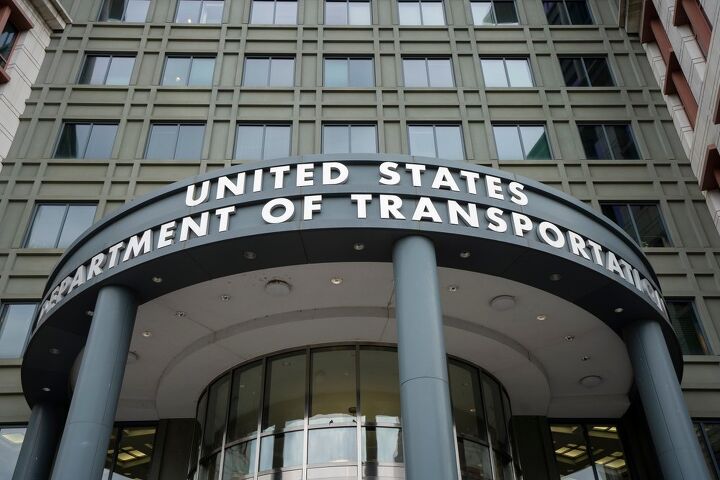

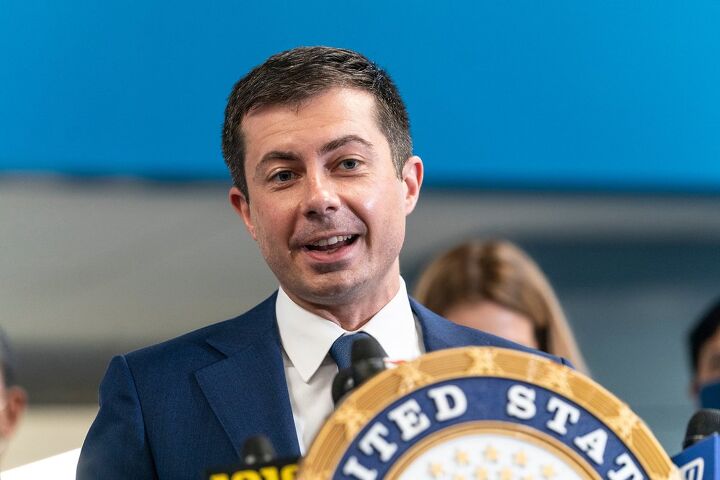
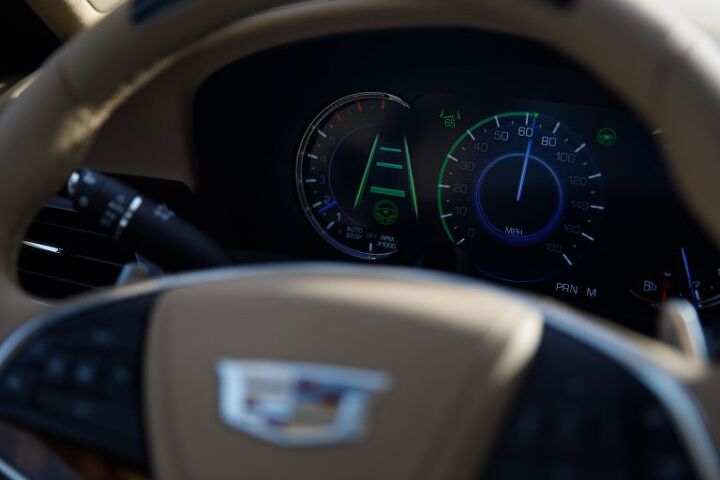


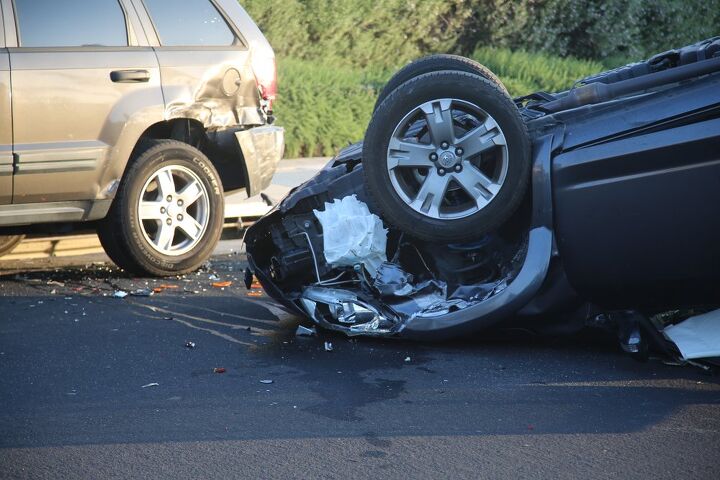
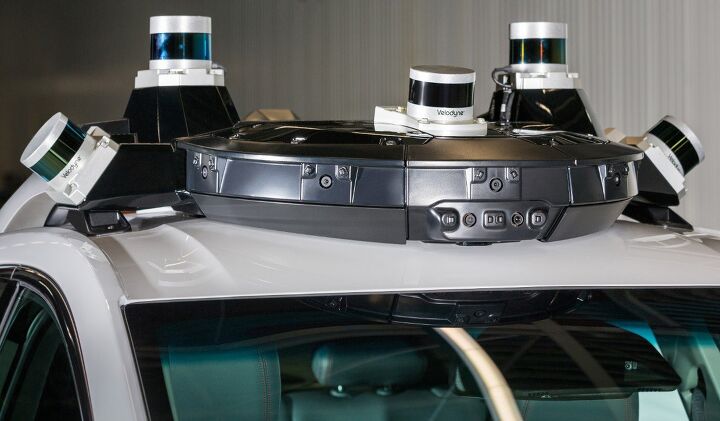
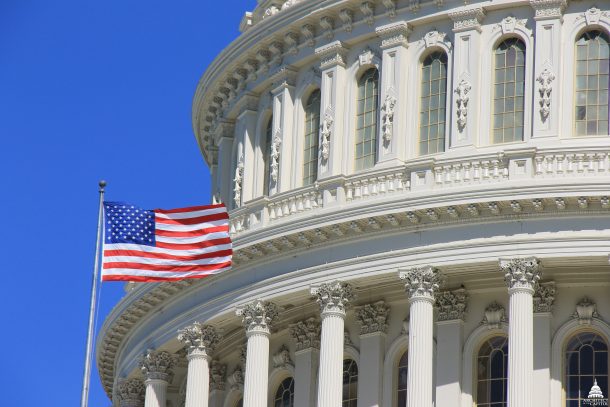
















Recent Comments